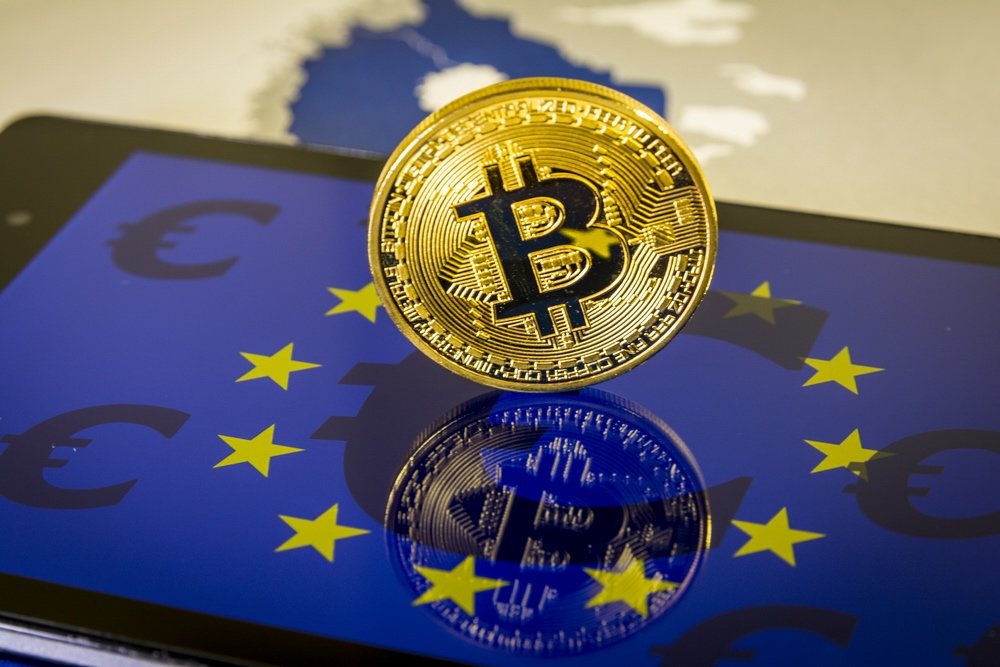The European Union has taken a significant step in bolstering its Anti-Money Laundering (AML) and Counter-Terrorist Financing (CTF) efforts by extending these guidelines to encompass crypto asset service providers (CASPs) within the region. This move, announced by the European Banking Authority (EBA) on Jan. 16, is designed to strengthen the region’s defenses against financial crimes within the rapidly evolving crypto sector.
The EBA’s amended guidelines are geared towards helping CASPs assess and mitigate their risk exposure to financial crimes, which may arise from various aspects such as customer profiles, product offerings, delivery channels, and geographic operations. Additionally, the guidelines provide insights on tailoring financial crime prevention strategies, including the potential utilization of blockchain analytics tools. These measures are set to be implemented starting from Dec. 30.
This initiative by the EBA is viewed as a crucial advancement in the EU’s fight against financial crime, ensuring a unified approach across member states in monitoring and mitigating risks associated with money laundering and terrorist financing within the crypto industry.
The revised guidelines also include specific risks and directives for financial institutions that either hold cryptocurrencies or provide services to crypto firms. Among the key aspects that crypto companies are advised to consider are the risks linked to anonymity-enhancing features, self-hosted wallets, decentralized platforms, and products enabling transfers to and from such services.
This development follows the EU’s previous efforts in regulating the crypto space, including the finalization of the Transfer of Funds Regulation (ToFR), which oversees crypto transfers, and the comprehensive Markets in Crypto-Assets (MiCA) regulations. While MiCA’s investor protection measures are scheduled to take effect in December, EU member states have the option to implement an 18-month transitional period. During this time, CASPs can continue operating without a license, offering a grace period for compliance with the new regulatory framework.
